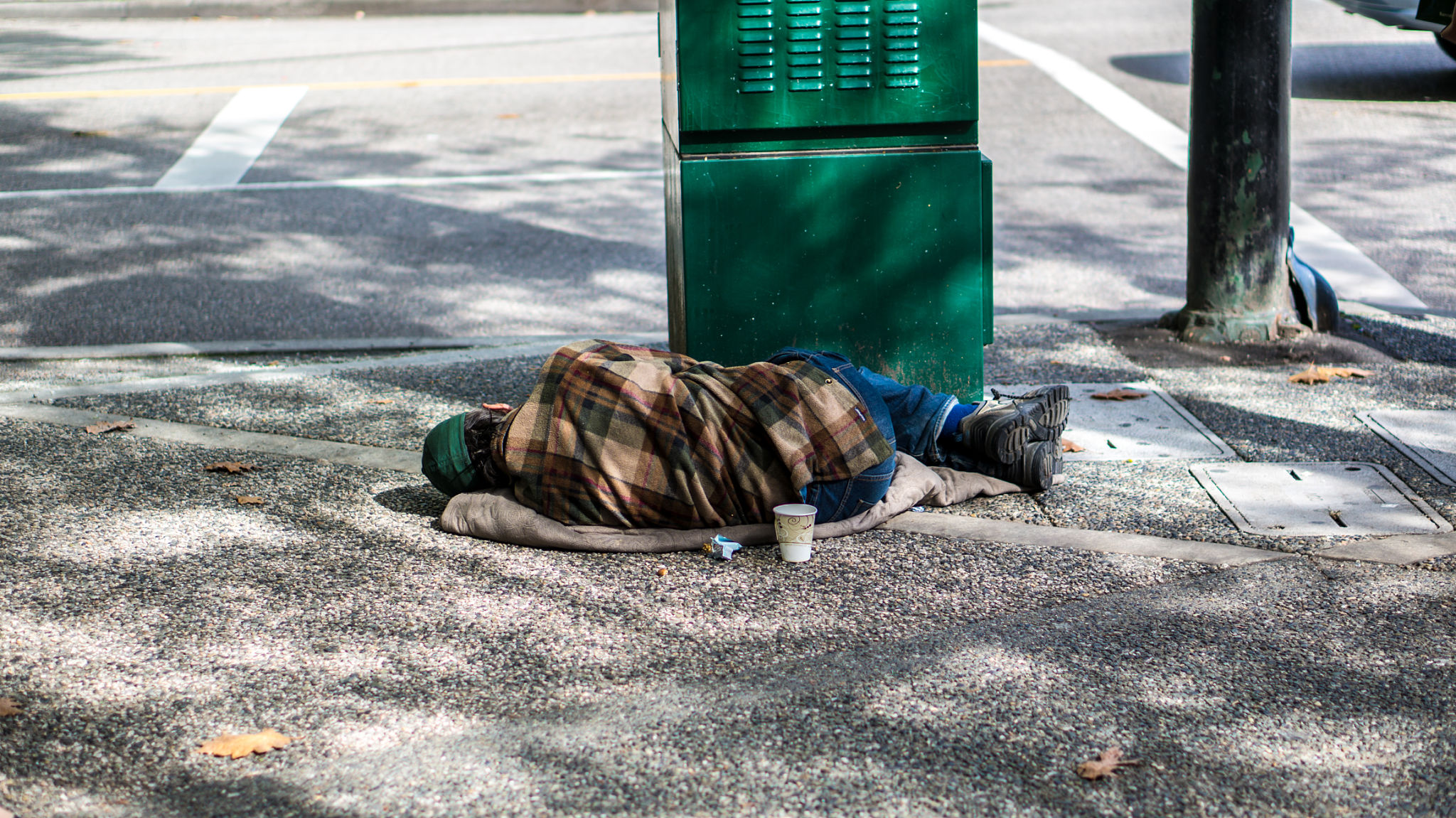Debunking Myths About Homelessness and Mental Illness in the UK
Understanding the Connection: Homelessness and Mental Health
Homelessness and mental health issues are often intertwined, yet the relationship between the two is frequently misunderstood. Many assume that mental illness is a primary cause of homelessness, but the reality is much more complex. In this post, we aim to debunk some common myths surrounding homelessness and mental illness in the UK.

Myth 1: All Homeless People Have Mental Illnesses
One of the most pervasive myths is that every person who experiences homelessness has a mental illness. While mental health issues can be a factor, it is not a universal truth. The causes of homelessness are multifaceted and can include economic hardship, lack of affordable housing, and family breakdown. In fact, not all homeless individuals have a diagnosable mental disorder, although they may still face significant emotional and psychological challenges.
Furthermore, it's crucial to recognize that mental health problems in homeless populations are often exacerbated by the stress and trauma of living without stable accommodation. This can lead to a vicious cycle where homelessness contributes to poor mental health, which in turn makes it harder to find and maintain housing.
Myth 2: Mental Illness Causes Homelessness
Another common misconception is that mental illness is a direct cause of homelessness. While mental health issues can be a factor, they are rarely the sole reason someone becomes homeless. Economic factors such as unemployment, poverty, and housing shortages play a significant role in pushing individuals into homelessness.

In many cases, people with mental illnesses are able to maintain stable housing with the right support. However, when support systems fail or are unavailable, the risk of homelessness increases. It’s important to view homelessness as a societal issue that requires comprehensive solutions, rather than blaming individuals for their circumstances.
The Role of Public Perception
Public perception of homelessness and mental illness significantly affects policy decisions and societal support. Misunderstandings can lead to stigma, which in turn influences public funding and the availability of resources. Educating the public about the realities of homelessness and mental health is crucial for fostering empathy and driving policy change.

Breaking the Stigma
Stigma surrounding mental health and homelessness can create barriers to seeking help. Many individuals may avoid accessing services out of fear of judgment or discrimination. Breaking down these barriers is essential for providing effective support and ensuring that individuals receive the help they need.
Community-based initiatives and awareness campaigns can play a pivotal role in changing public attitudes. By promoting understanding and compassion, society can work towards more inclusive solutions that address both homelessness and mental health issues holistically.
Supporting Solutions
Tackling homelessness and mental illness requires a multi-faceted approach that includes:
- Increasing access to affordable housing
- Providing comprehensive mental health services
- Offering employment support programs
- Fostering community support networks
By addressing these areas, we can create a more supportive environment that helps individuals rebuild their lives and maintain stability.
Conclusion: A Call for Compassion and Action
Debunking myths about homelessness and mental illness is a crucial step in addressing these pressing social issues. By understanding the true nature of these challenges, we can advocate for policies and programs that provide meaningful support. Let’s work together to create a society where everyone has the opportunity to thrive, regardless of their circumstances.